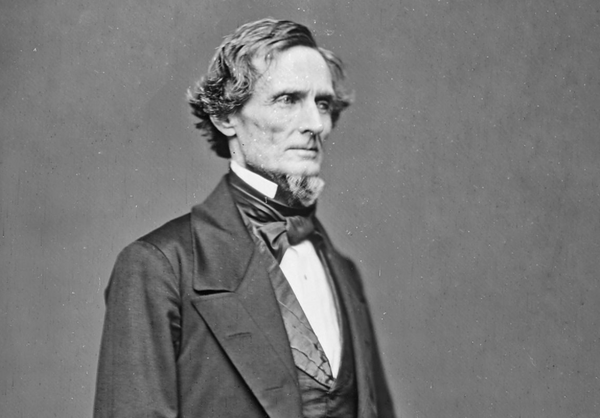William Leggett, always concerned with government abuse, had an interesting take
on the "nature of political abuses." This is short, but is a thought-provoking
observation.
August Glen-James, editor
--------------------------------------------------------------------------------
> It is the nature of political abuses, to be always on the increase, unless
arrested by the virtue, intelligence and firmness
